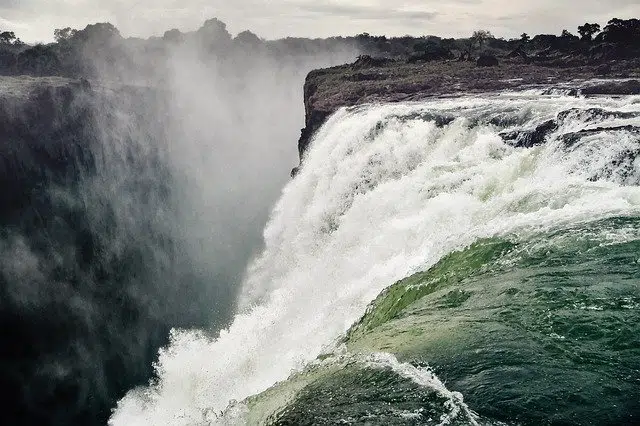
Earth's bodies of water make up water resources.
The first thing to do before entering fully into the definition of water resources is to know the etymological origin of those two words:
-Resources derives from Latin, specifically from "recursus", which refers to making use of the means or assets that someone has at their disposal to undertake something specific.
-Water, for its part, emanates from Greek. It can be translated as "relative to water" and is the result of the sum of two clearly differentiated parts: the noun "hydor", which is synonymous with "water", and the suffix "-ico", which is used to indicate "relative to ».
What are water resources
A resource is a raw material or a good that has a utility in pursuit of an objective. Usually it is something that satisfies a need or allows subsistence. Hydric , for its part, is that which is linked to water .
Water resources are the bodies of water that exist on the planet , from oceans to rivers, including lakes, streams and lagoons. These resources must be preserved and used rationally since they are essential for the existence of life .

Due to pollution and overexploitation, many water resources are at risk.
Overexploitation and pollution
The problem is that, although they are mostly renewable resources , overexploitation and pollution caused by various human activities put water resources at risk. Its regeneration capacity is often not sufficient given the rate of use.
One of the great difficulties facing humanity is the lack of fresh water. More than 97% of the Earth 's water is salt water , the use of which is complex. That is why fresh water , which is used for human consumption and a host of activities, is so important.
Specifically, the estimates carried out establish that 100% of the total water on the planet is distributed as follows: 97.47% saline water, 2.53% fresh water, 1.76% glaciers and polar caps, 0.76% of groundwater and 0.01% of lakes, rivers and atmosphere.
Obtaining and using water resources
The construction of dams and wastewater treatment are some of the strategies carried out to obtain water resources that can be used. The challenge is that everything done to conserve fresh water is sufficient to counteract its abuse and elimination.
In addition to all of the above, we cannot ignore that experts agree in highlighting that another of the major problems that water resources present today is the pollution they are suffering, as a consequence of various human acts, as would be the case. of the discharges. For this reason, different initiatives have been launched and efforts are made to take measures, such as the creation of wastewater treatment plants, creation of control bodies, avoiding the consumption of industrial products...
Global warming , which results in the disappearance of glaciers (freshwater deposits) and higher temperatures that favor droughts , also affects water resources.
